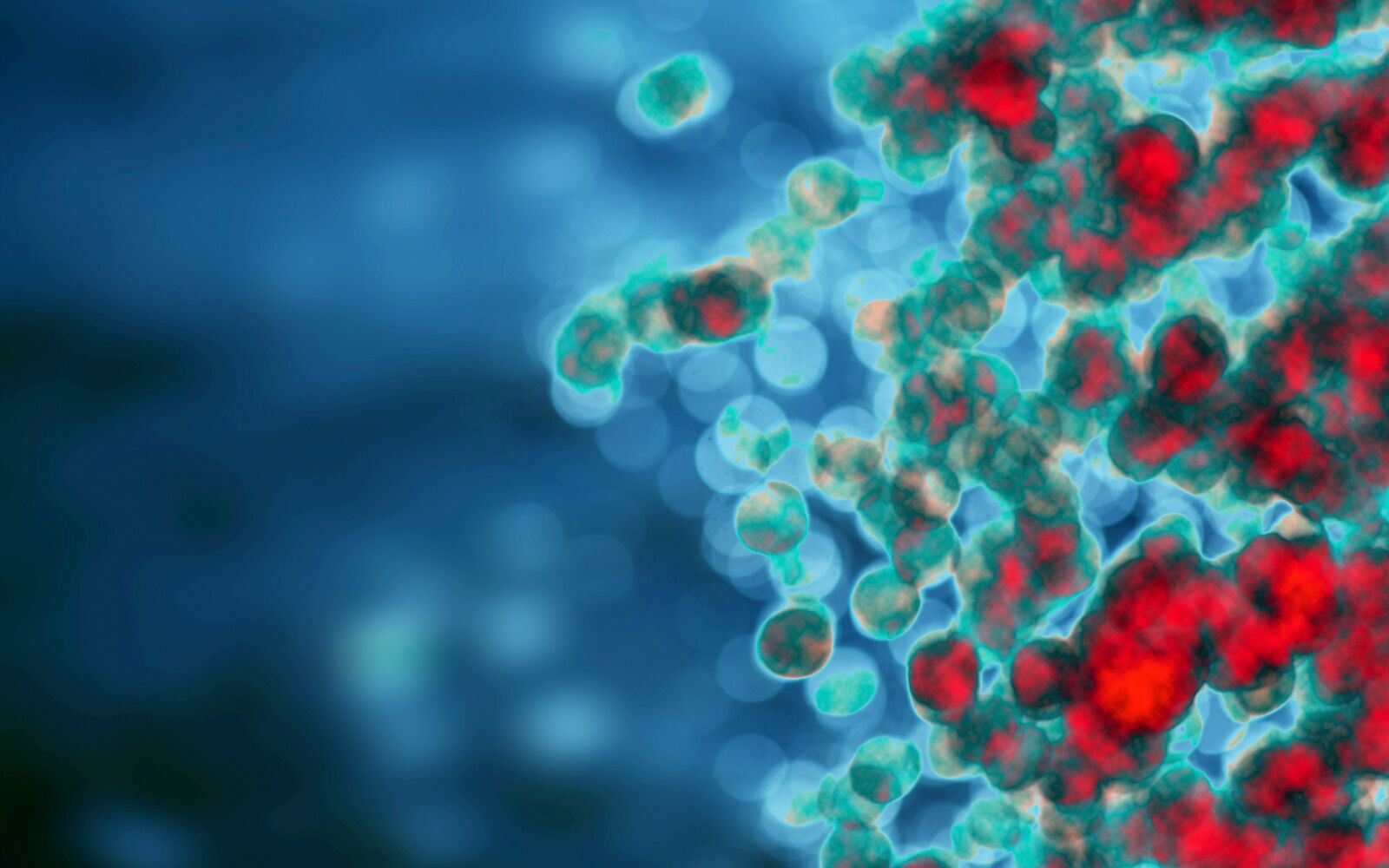
Immunology is the study of the immune system, a complex network of cells, tissues, and organs that work together to defend the body against harmful invaders. Did you know that the immune system can remember past infections and respond more effectively the next time it encounters the same pathogen? This is why vaccines are so effective. Another interesting fact is that there are two main types of immunity: innate and adaptive. Innate immunity is the body's first line of defense, while adaptive immunity is more specialized and can target specific pathogens. Ever wondered how allergies work? They occur when the immune system overreacts to harmless substances like pollen or pet dander. Understanding immunology can help us better appreciate how our bodies fight off diseases and stay healthy.
What is Immunology?
Immunology studies the immune system, the body's defense against infections and diseases. Understanding this field helps us grasp how our bodies fight off harmful invaders.
- Immunology is the branch of biology that deals with the immune system, including its structure and function.
- The immune system consists of organs, cells, and proteins that work together to protect the body from harmful substances.
- Edward Jenner is often called the "father of immunology" for developing the first successful smallpox vaccine in 1796.
Components of the Immune System
The immune system is complex, involving various components that work together to keep us healthy.
- White blood cells (leukocytes) are crucial in fighting infections.
- Lymph nodes filter harmful substances and contain immune cells that attack invaders.
- The spleen helps filter blood and houses white blood cells.
- Bone marrow produces new blood cells, including immune cells.
- Thymus is where T-cells mature, essential for adaptive immunity.
Types of Immunity
Immunity can be classified into different types, each playing a unique role in protecting the body.
- Innate immunity is the body's first line of defense, providing immediate but non-specific protection.
- Adaptive immunity develops over time, providing specific responses to pathogens.
- Passive immunity is borrowed from another source, like maternal antibodies passed to a baby.
- Active immunity results from exposure to a disease or vaccination, leading to long-term protection.
How Vaccines Work
Vaccines are a cornerstone of modern medicine, preventing countless diseases.
- Vaccines stimulate the immune system to recognize and fight specific pathogens without causing the disease.
- Herd immunity occurs when a large portion of the population becomes immune, reducing the spread of disease.
- Booster shots are additional doses of a vaccine to maintain immunity over time.
- mRNA vaccines, like those for COVID-19, use messenger RNA to instruct cells to produce a protein that triggers an immune response.
Autoimmune Diseases
Sometimes, the immune system mistakenly attacks the body's own cells, leading to autoimmune diseases.
- Autoimmune diseases occur when the immune system targets healthy cells.
- Rheumatoid arthritis is an autoimmune disorder causing inflammation in joints.
- Type 1 diabetes results from the immune system attacking insulin-producing cells in the pancreas.
- Multiple sclerosis involves the immune system attacking the protective covering of nerves.
Allergies and Hypersensitivities
Allergies are exaggerated immune responses to harmless substances.
- Allergies occur when the immune system overreacts to allergens like pollen or pet dander.
- Anaphylaxis is a severe, potentially life-threatening allergic reaction.
- Histamines are chemicals released during allergic reactions, causing symptoms like itching and swelling.
- Antihistamines are medications that block histamines, relieving allergy symptoms.
Immunodeficiency Disorders
Immunodeficiency disorders weaken the immune system, making it harder to fight infections.
- Primary immunodeficiency is a genetic condition present from birth.
- Secondary immunodeficiency results from external factors like infections or medications.
- HIV/AIDS is a well-known secondary immunodeficiency disorder caused by the human immunodeficiency virus.
- SCID (Severe Combined Immunodeficiency) is a rare genetic disorder where both B and T cells are dysfunctional.
The Role of Nutrition and Lifestyle
Diet and lifestyle choices significantly impact immune health.
- Vitamin C is essential for the immune system, helping white blood cells function effectively.
- Zinc supports immune cell development and communication.
- Regular exercise boosts overall immune function.
- Adequate sleep is crucial for maintaining a healthy immune system.
Immunology's Fascinating World
Immunology is full of surprises. From the immune system's ability to remember past invaders to the amazing role of vaccines in protecting us, there's always something new to learn. White blood cells act like tiny soldiers, always on the lookout for threats. Autoimmune diseases remind us that sometimes the body gets confused and attacks itself. Allergies show how sensitive our immune system can be to harmless substances.
Understanding immunology helps us appreciate the complex defenses keeping us healthy. It also highlights the importance of medical research in finding new treatments and cures. So next time you hear about a new vaccine or treatment, remember the incredible science behind it. Immunology isn't just about fighting off colds; it's about the intricate dance of cells and molecules working tirelessly to keep us safe.
Was this page helpful?
Our commitment to delivering trustworthy and engaging content is at the heart of what we do. Each fact on our site is contributed by real users like you, bringing a wealth of diverse insights and information. To ensure the highest standards of accuracy and reliability, our dedicated editors meticulously review each submission. This process guarantees that the facts we share are not only fascinating but also credible. Trust in our commitment to quality and authenticity as you explore and learn with us.
